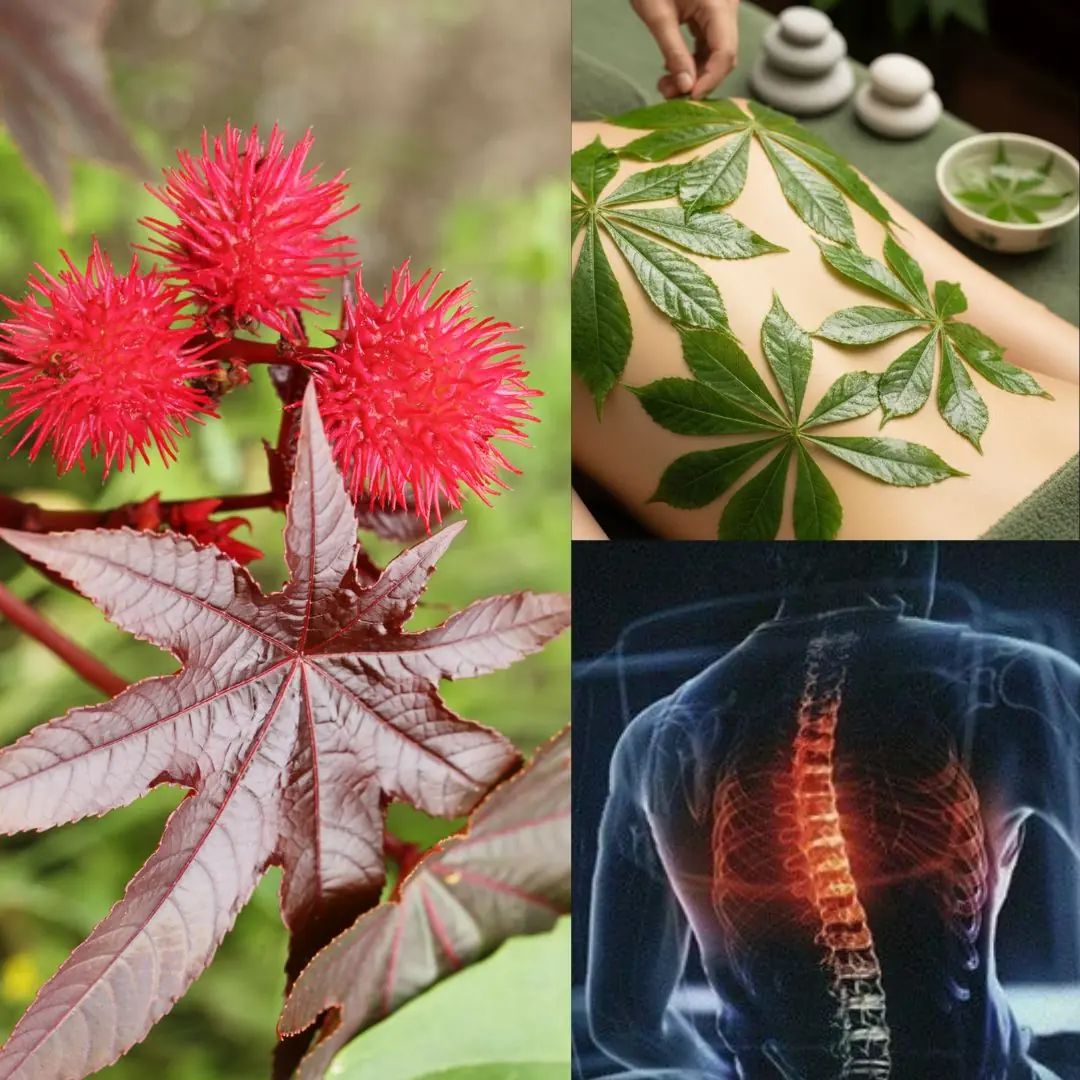
How to Prevent Tartar Build-Up & Keep Teeth Naturally Whiter – A Dentist-Approved Guide

Tartar — that hard, yellowish or brownish deposit on your teeth — is more than just an aesthetic problem. It’s hardened plaque, and once it forms, no amount of brushing or mouthwash can remove it at home. Only a dental professional can safely eliminate it.
But the good news?
👉 You can prevent tartar build-up and support naturally whiter teeth with consistent, smart oral care habits — no harsh scrubbing, no risky DIY tricks, and no gimmicks.
Let’s dive into the truth about tartar, what actually works to prevent it, and how to keep your smile bright — safely and naturally.
🧠 What Is Tartar — and Why It Matters
Tartar (also known as dental calculus) is plaque that has been left on the teeth too long and has hardened due to minerals in your saliva.
Here’s what you need to know:
-
Tartar forms within 24–72 hours if plaque isn’t removed
-
It can build up above (supragingival) or below (subgingival) the gum line
-
Its rough texture traps more bacteria and makes plaque harder to remove
-
Leads to:
-
Bad breath
-
Gum irritation or inflammation (gingivitis)
-
Gum disease (periodontitis)
-
Cavities, tooth decay, and eventual tooth loss
-
🚫 You can’t remove tartar at home. Only professional tools (scalers, ultrasonic devices) used by dentists or hygienists can safely break it down.
✅ How to Prevent Tartar at Home (What Actually Works)
While tartar itself requires professional removal, you can prevent it entirely by keeping plaque from building up in the first place.
1. Brush Twice Daily — the Right Way
-
Use a fluoride toothpaste to strengthen enamel and prevent decay
-
Brush for 2 full minutes — especially around the gumline
-
Electric toothbrushes remove more plaque than manual brushes
-
📊 Clinical studies show up to 21% reduction in tartar after 3 months of electric brushing
-
📝 Tip: Replace your brush head every 3 months or when bristles are frayed.
2. Floss Daily — It’s Not Optional
-
Flossing reaches between teeth where your brush can't go
-
Tartar often starts in these tight areas
-
Even flossing once per day at night can make a major difference
🧵 Tip: If string floss is tough, try pre-threaded flossers or soft picks.
3. Rinse With an Antimicrobial Mouthwash
-
Look for mouthwash containing:
-
Cetylpyridinium chloride (CPC)
-
Essential oils (like in Listerine)
-
-
Helps kill bacteria, reduce plaque, and freshen breath
⚠️ Mouthwash complements brushing — it doesn't replace it.
4. Try a Water Flosser
-
Also called a dental irrigator, it uses a gentle stream of water to flush away food and bacteria
-
Especially helpful if you:
-
Have braces, dental implants, or deep gum pockets
-
📊 Studies show water flossers can reduce plaque and gum bleeding better than string floss alone.
5. Watch What You Eat (and Drink)
-
Bacteria thrive on sugars and refined starches (bread, chips, sweets)
-
These foods break down and feed plaque-forming bacteria
-
After eating:
-
Brush if possible
-
If not, rinse with water or chew sugar-free gum to stimulate saliva
-
🥤 Avoid constant snacking and sugary beverages — especially soda and juice.
✅ Natural Ways to Support a Whiter Smile (Safely)
While only professional whitening treatments can significantly whiten teeth, these natural habits can help prevent stains and support natural brightness.
Safe Options:
-
Oil Pulling (with coconut oil)
-
May reduce bacteria and plaque
-
Swish 10–15 mins before brushing
-
Some studies show mild benefits
-
-
Baking Soda (sparingly)
-
Use once a week mixed with toothpaste
-
It’s mildly abrasive, so don’t use daily
-
-
Crunchy Fruits & Veggies
-
Apples, carrots, celery naturally scrub teeth
-
Also increase saliva flow, which helps clean your mouth
-
-
Drink Plenty of Water
-
Water helps neutralize acids and rinse food particles
-
Keeps your mouth hydrated and supports healthy saliva production
-
-
Use a Straw for Staining Drinks
-
Coffee, tea, red wine, and soda stain enamel
-
A straw helps minimize direct contact with your teeth
-
❌ What to Avoid:
-
Lemon, vinegar, or DIY acid peels
-
These erode enamel permanently
-
-
Charcoal powders
-
Often too abrasive and damage tooth surfaces
-
-
Scraping tartar at home
-
Can injure gums and cause infections or enamel damage
-
🚨 When to See Your Dentist
Even with the best at-home care, professional checkups are key to a healthy mouth.
See your dentist every 6 months for:
-
Professional cleanings (scaling and polishing)
-
Tartar removal
-
Gum health evaluation
-
Cavity prevention and early detection
⚠️ Visit sooner if you notice:
-
Yellow or brown buildup on teeth
-
Bleeding, swollen, or painful gums
-
Chronic bad breath
-
Tooth sensitivity, mobility, or receding gums
🧾 Tip: Dental prevention is almost always cheaper and easier than treatment.
❌ Debunking Common Myths
Let’s clear up some dental misinformation:
| Myth | Truth |
|---|---|
| “Lemon and baking soda remove tartar” | Lemon is acidic and erodes enamel — not safe |
| “I can scrape tartar off with a tool at home” | This can damage gums and cause infection |
| “Whitening toothpaste removes tartar” | It only helps with surface stains, not hardened tartar |
| “Tartar is permanent once it forms” | It can be removed — by a dentist or hygienist |
🦷 Final Thoughts: A Healthy Smile Starts With Prevention
You can’t safely remove tartar at home — and trying to can cause more harm than good. But you can take real, effective steps to prevent tartar, support your gum health, and keep your teeth naturally brighter.
🔑 Focus on:
-
Consistent daily brushing and flossing
-
Healthy eating and hydration
-
Seeing your dentist regularly
-
Avoiding harsh, enamel-damaging DIY hacks
A brighter, healthier smile doesn’t come from shortcuts — it comes from smart, sustainable choices.
And that kind of care?
It protects your teeth for a lifetime.
News in the same category

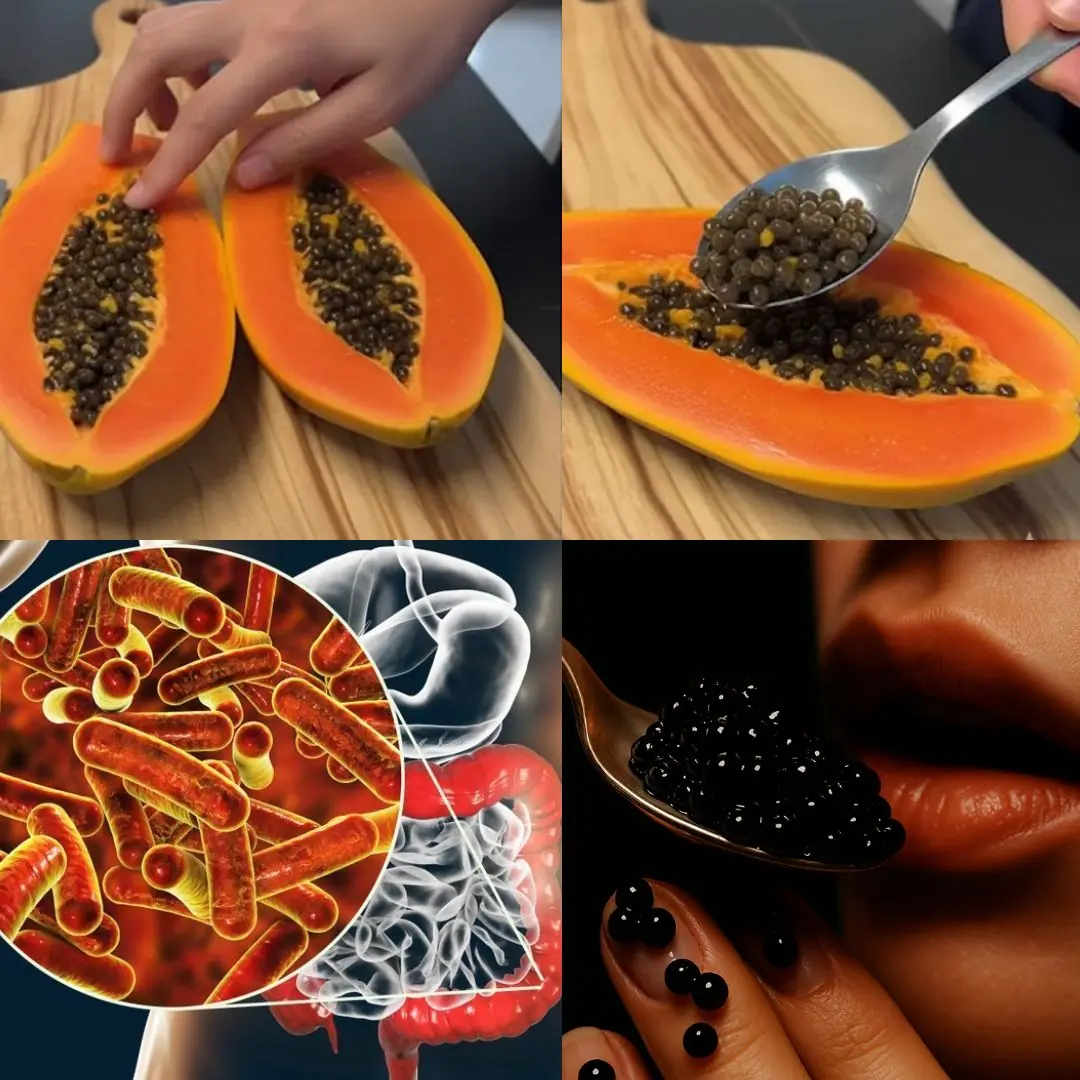
Papaya Seeds for Gut Health: The Simple Secret Inside Your Fruit
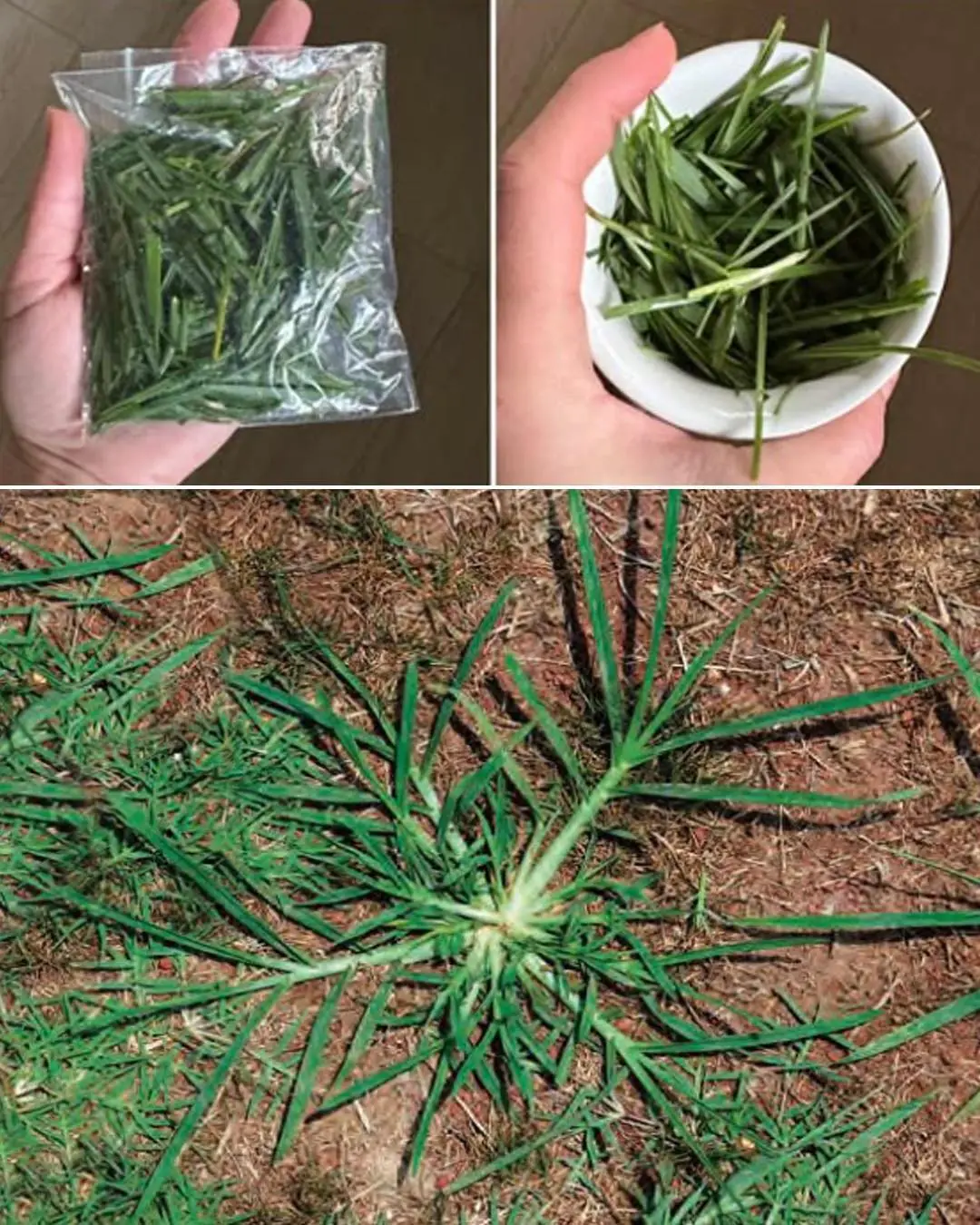
24 Incredible Health Benefits of Goosegrass
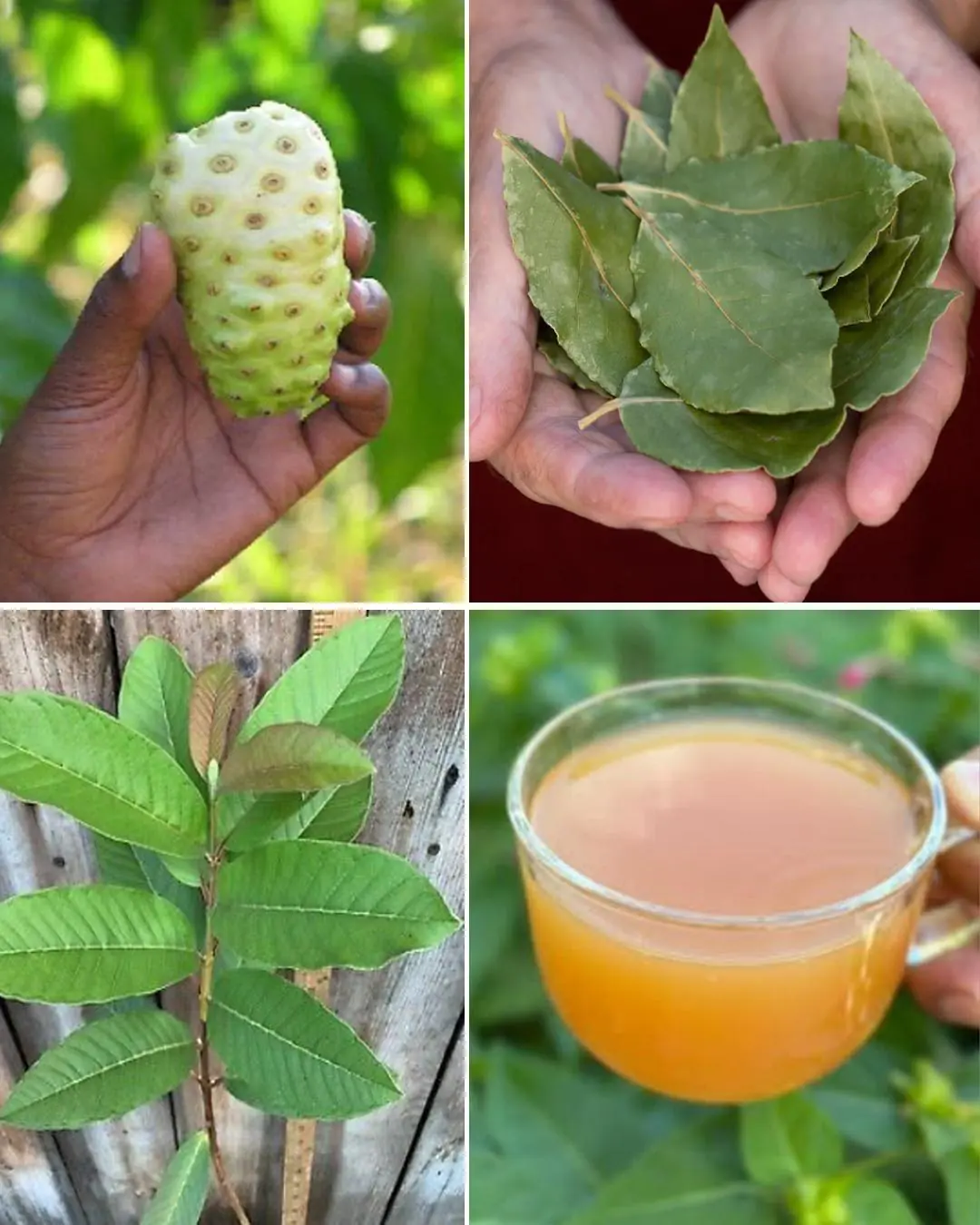
The Ultimate Healing Tonic: A Powerful Drink to Combat Swollen Feet, Diabetes and Poor Circulation
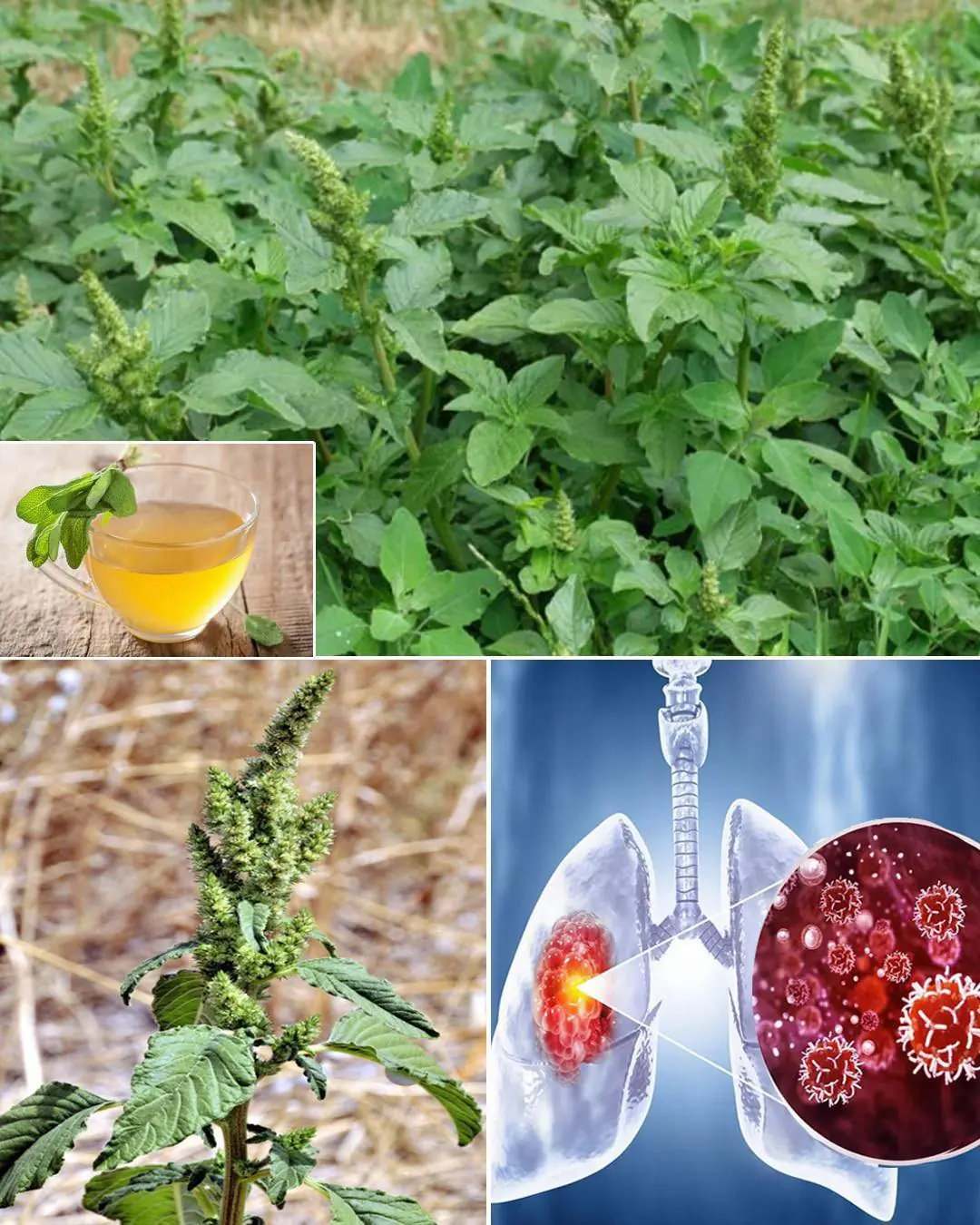
9 Things About Bledo Blanco (Amaranthus albus)
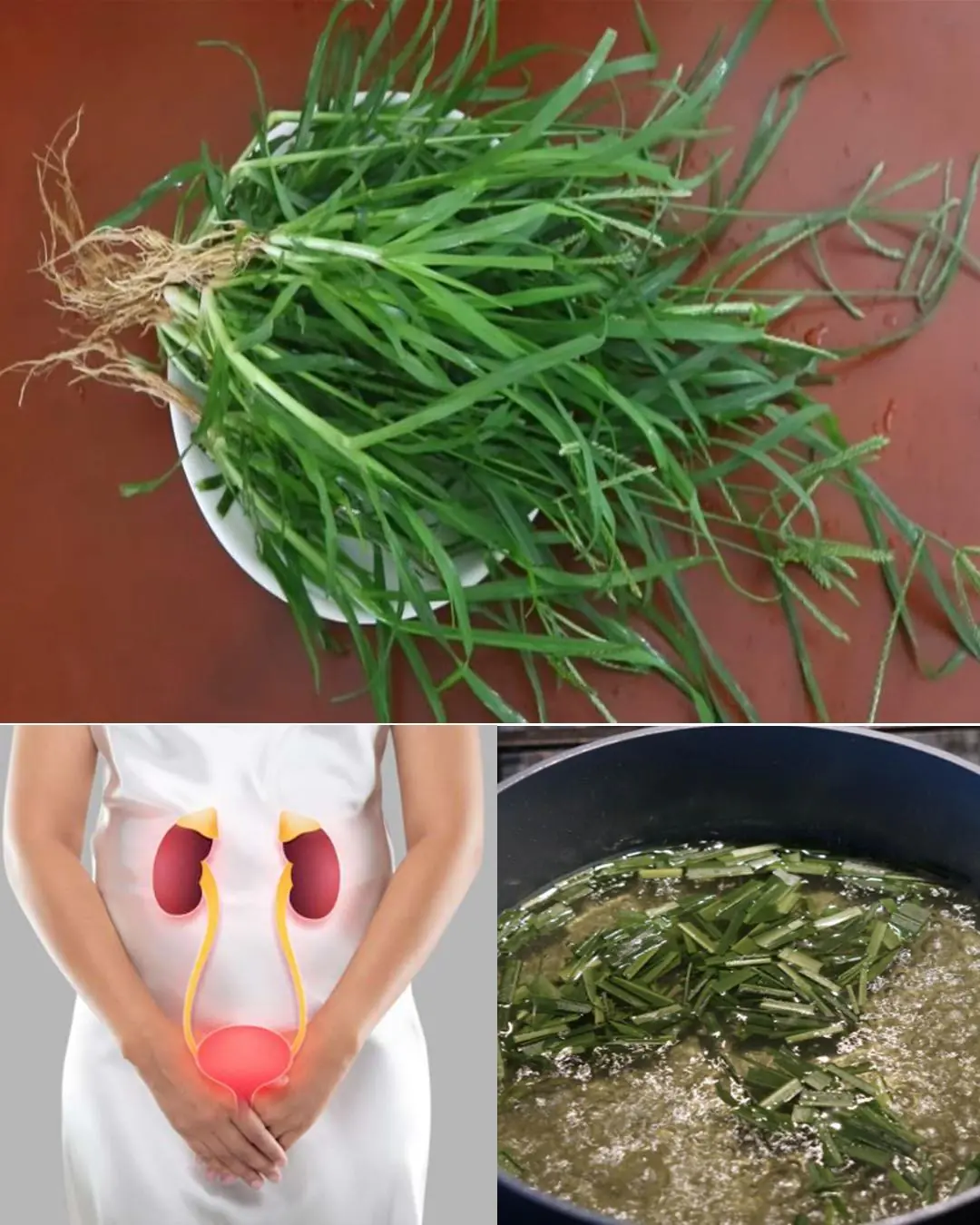
25 Incredible Health Benefits of Goosegrass
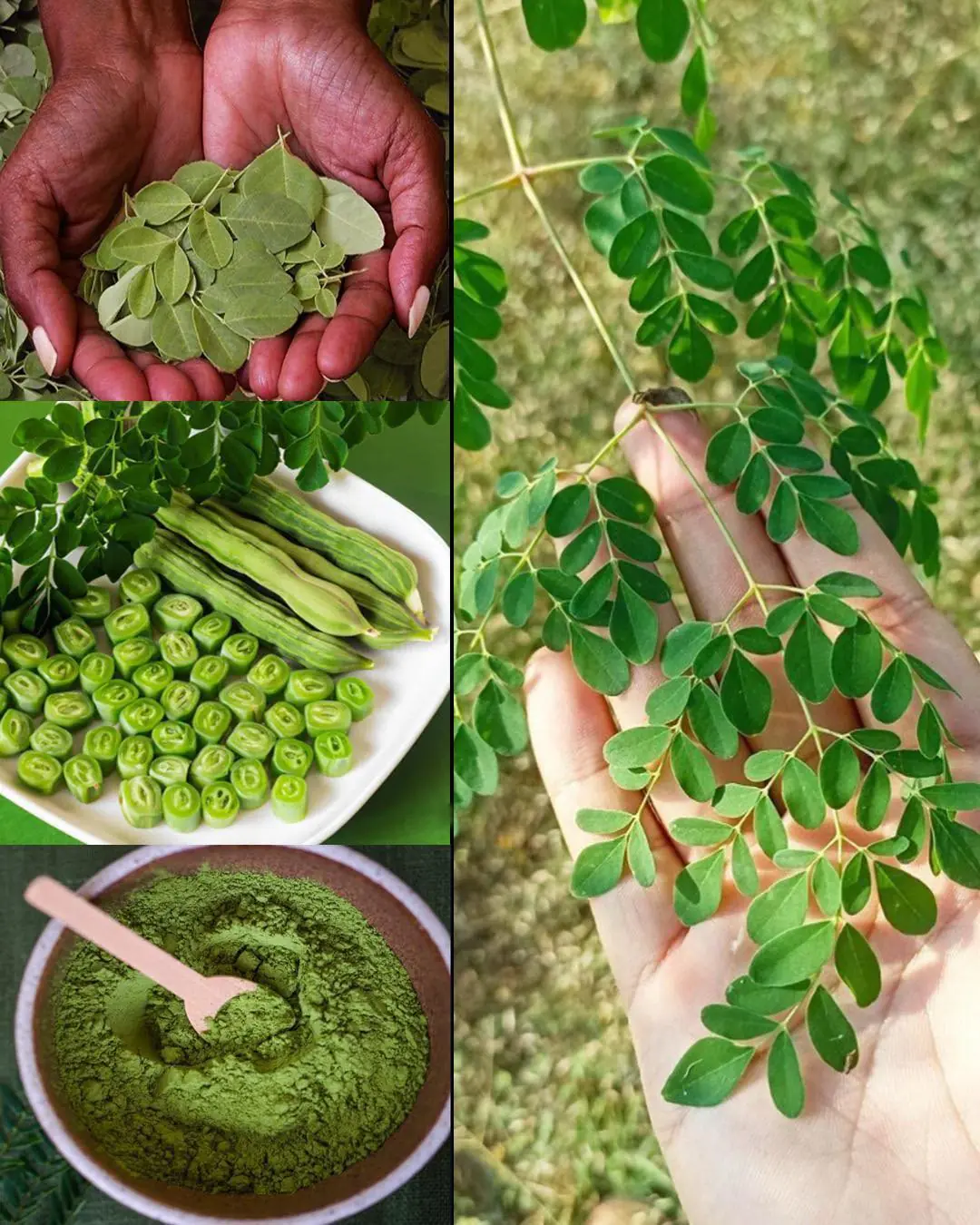
Discover The Miraculous Benefits of Moringa
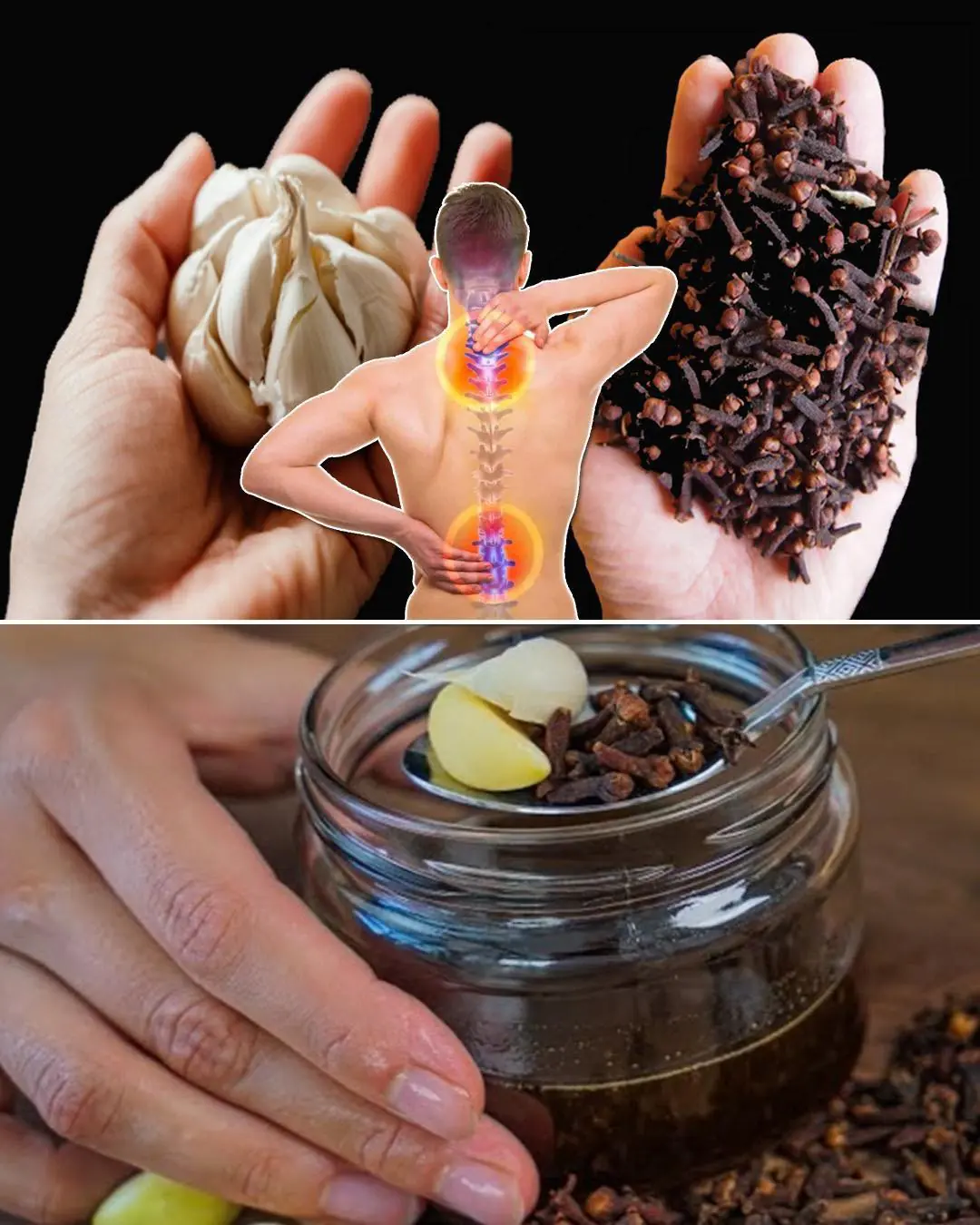
Garlic, Honey, and Cloves – a powerful natural remedy packed with health benefits
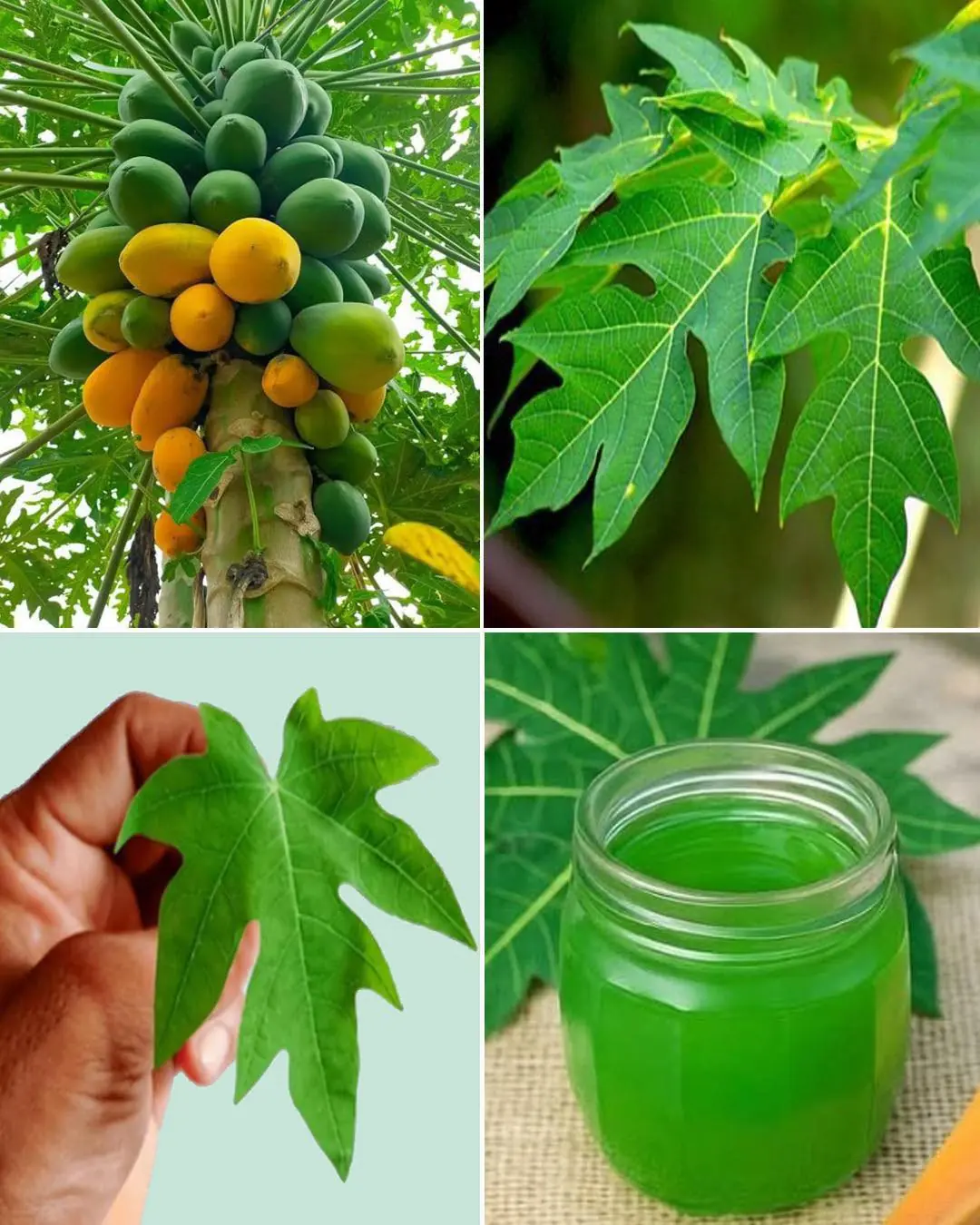
Everybody loves papayas, but don’t know this amazing uses of papaya leaves
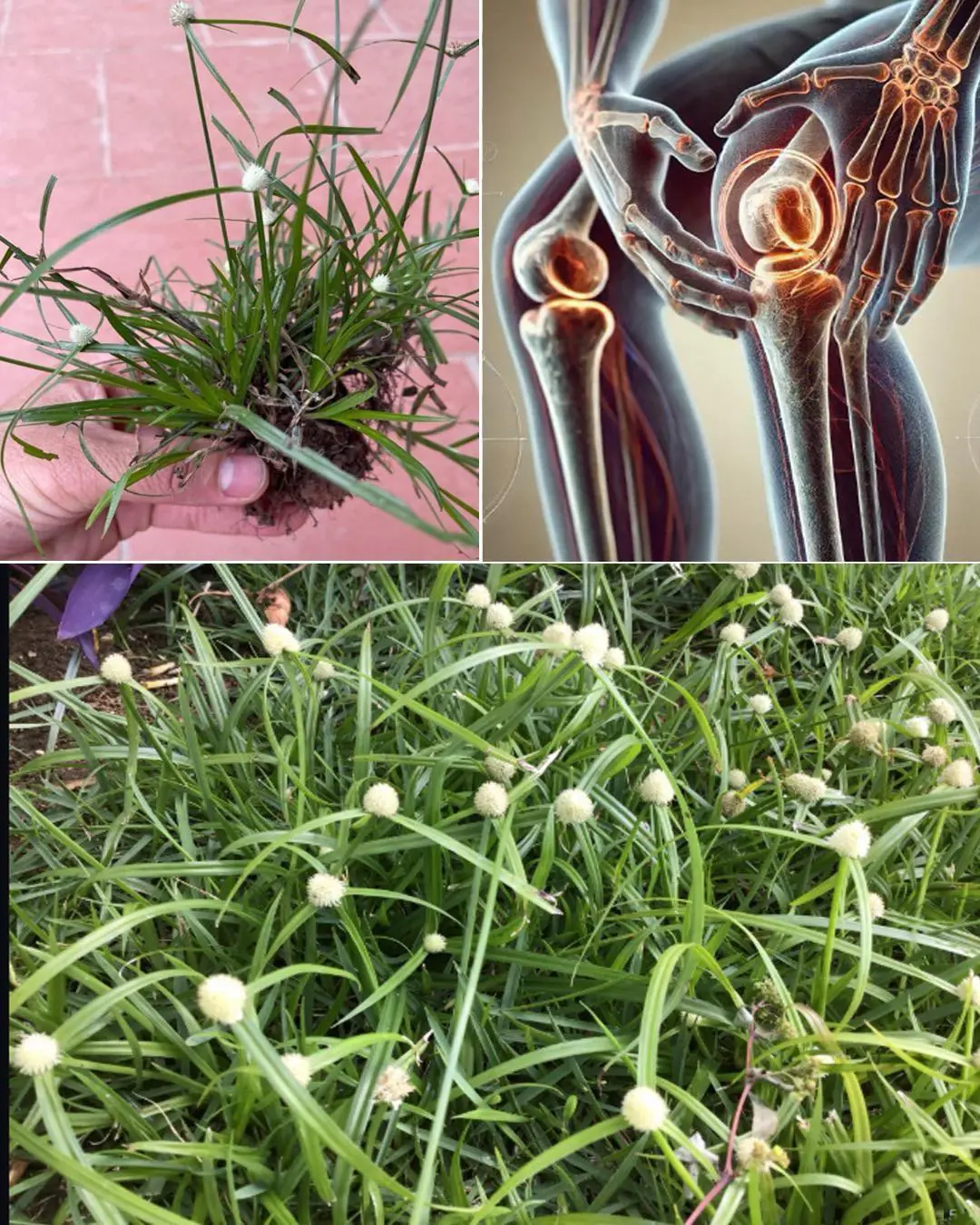
Kyllinga brevifolia (Rottb): Benefits and How to Use It
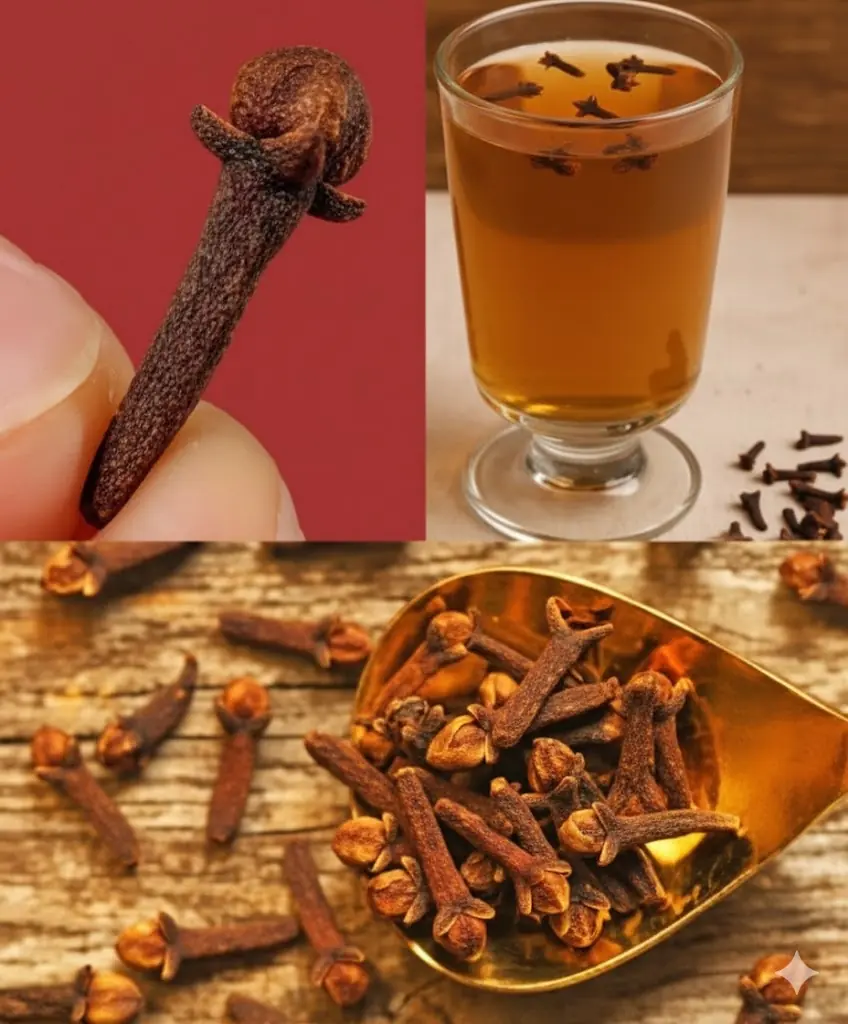
8 Surprising Benefits of Water Cloves You Probably Didn’t Know About
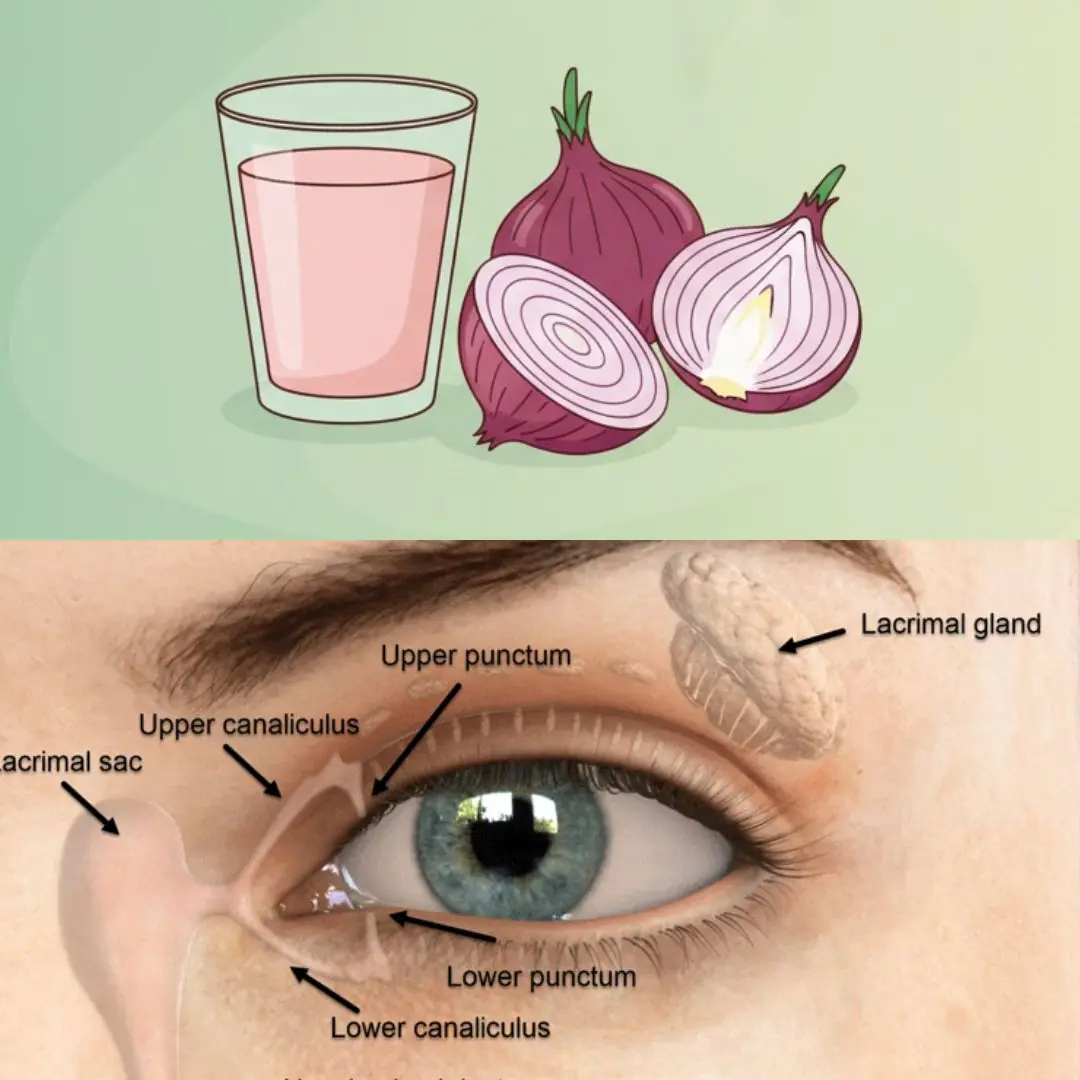
Onion Drink for Eye Health: Nutritional Support from the Inside Out
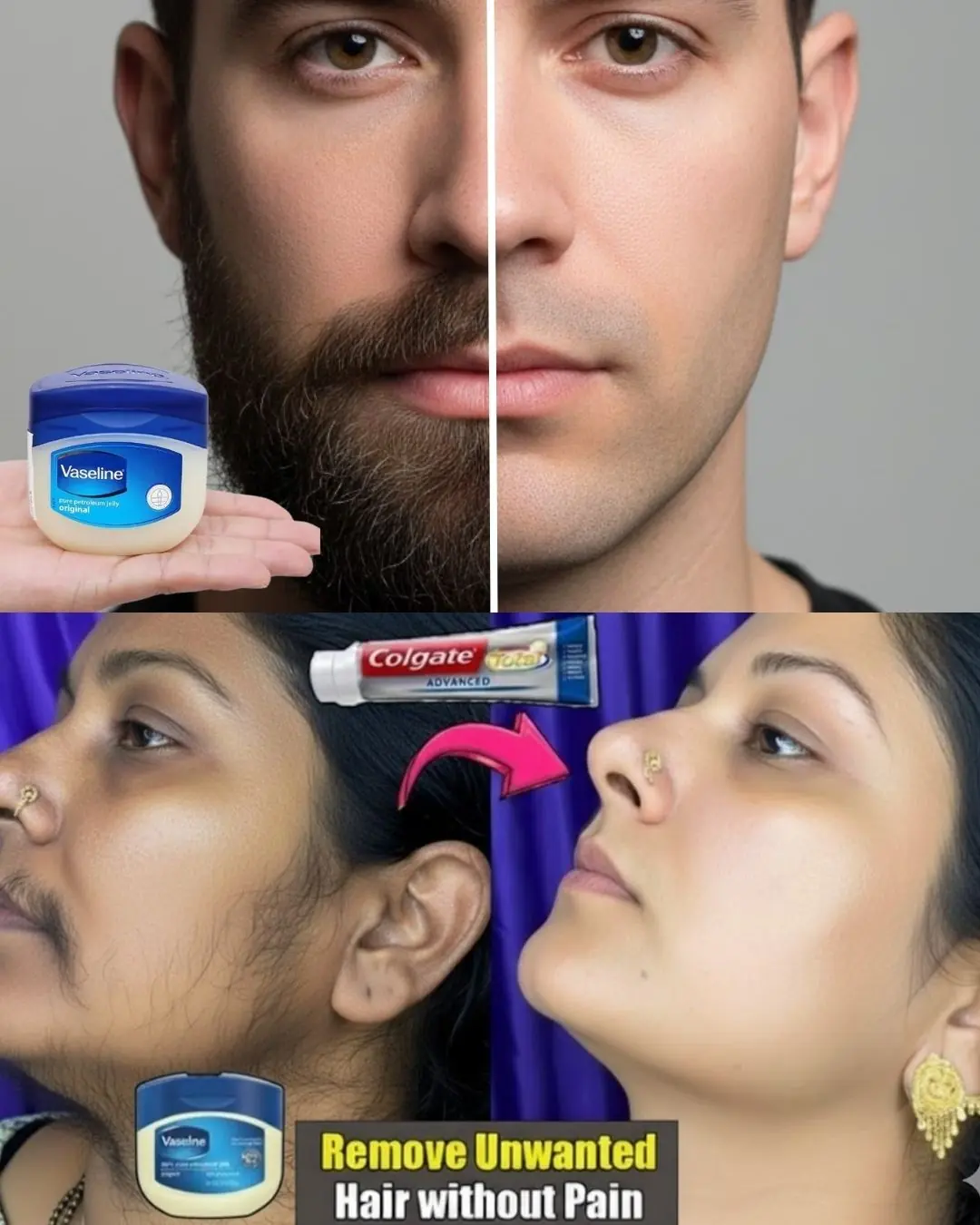
Stop! Shaving Is Not the Only Way – Remove Facial & Body Hair Painlessly with Vaseline
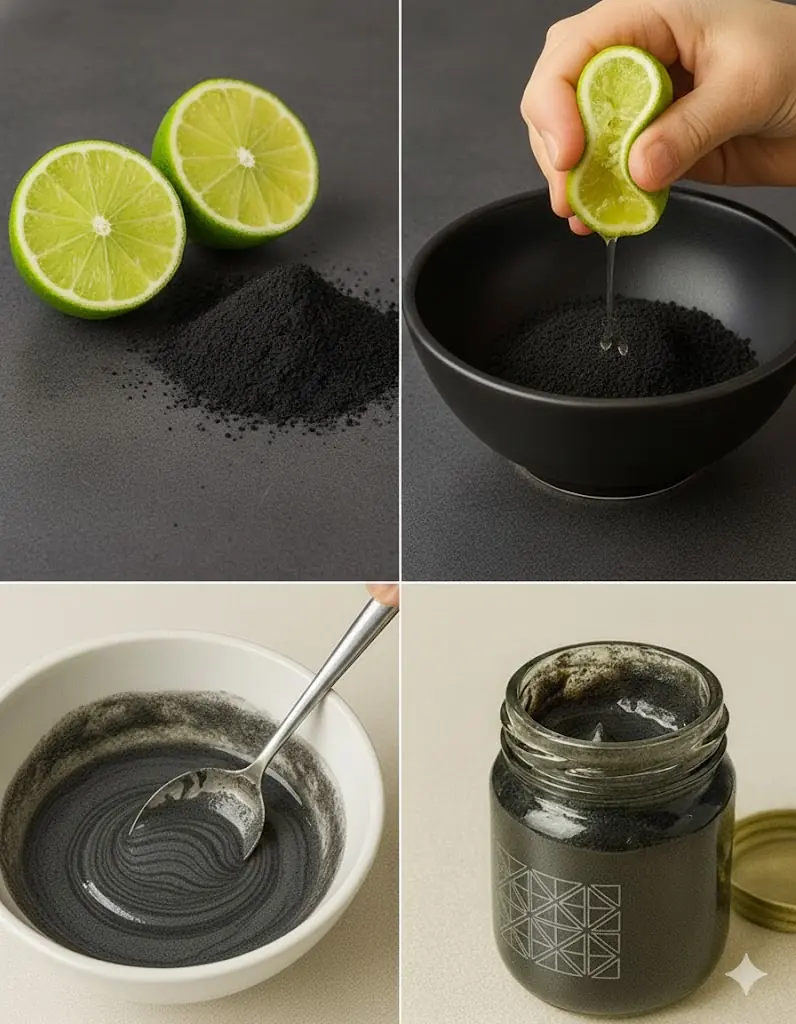
The Magic of Lemon Juice and Activated Charcoal: Natural DIY Solutions for Skin and Teeth
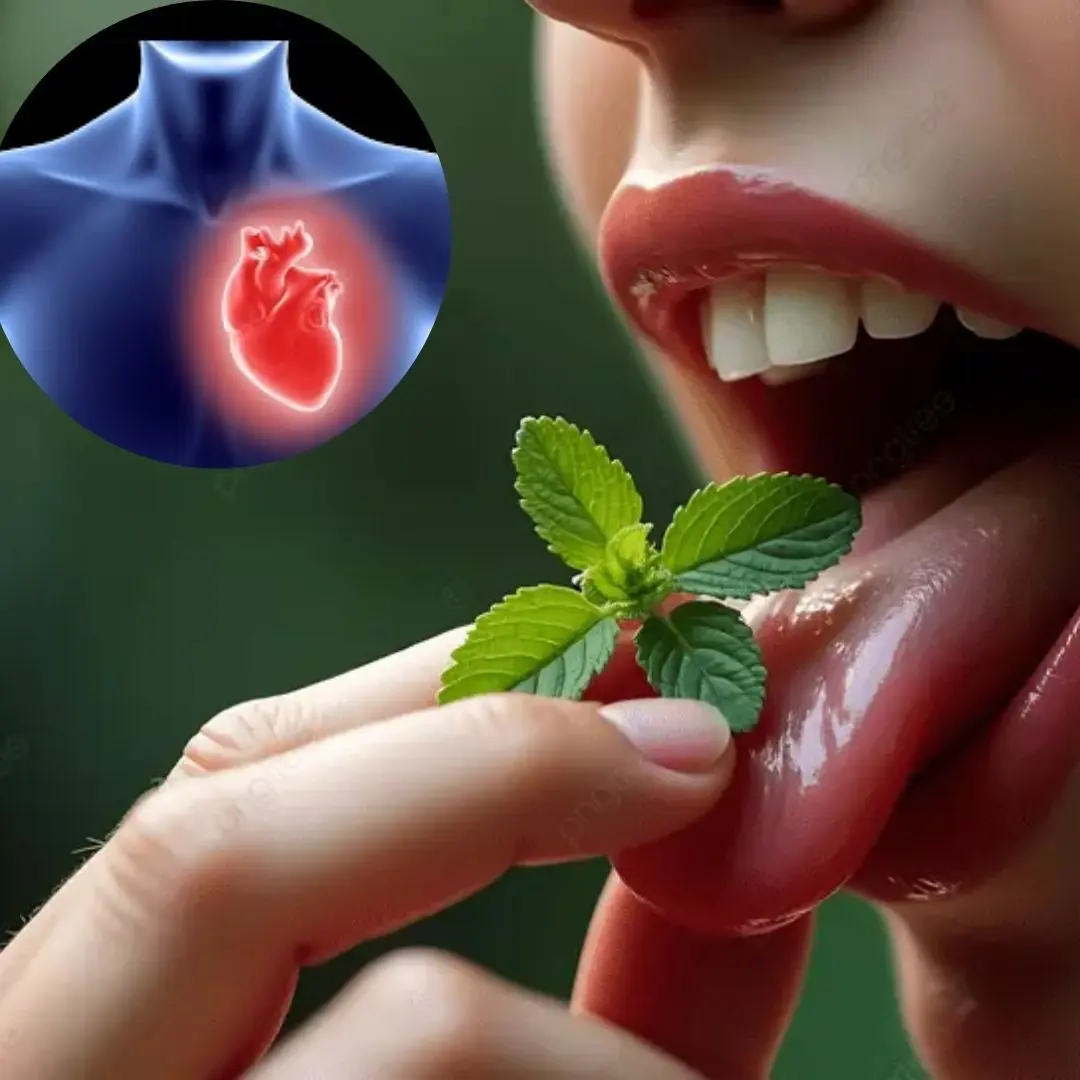
The Leaf Under Your Tongue That Calms the Heart in Minutes – Nature’s Fast-Acting Remedy
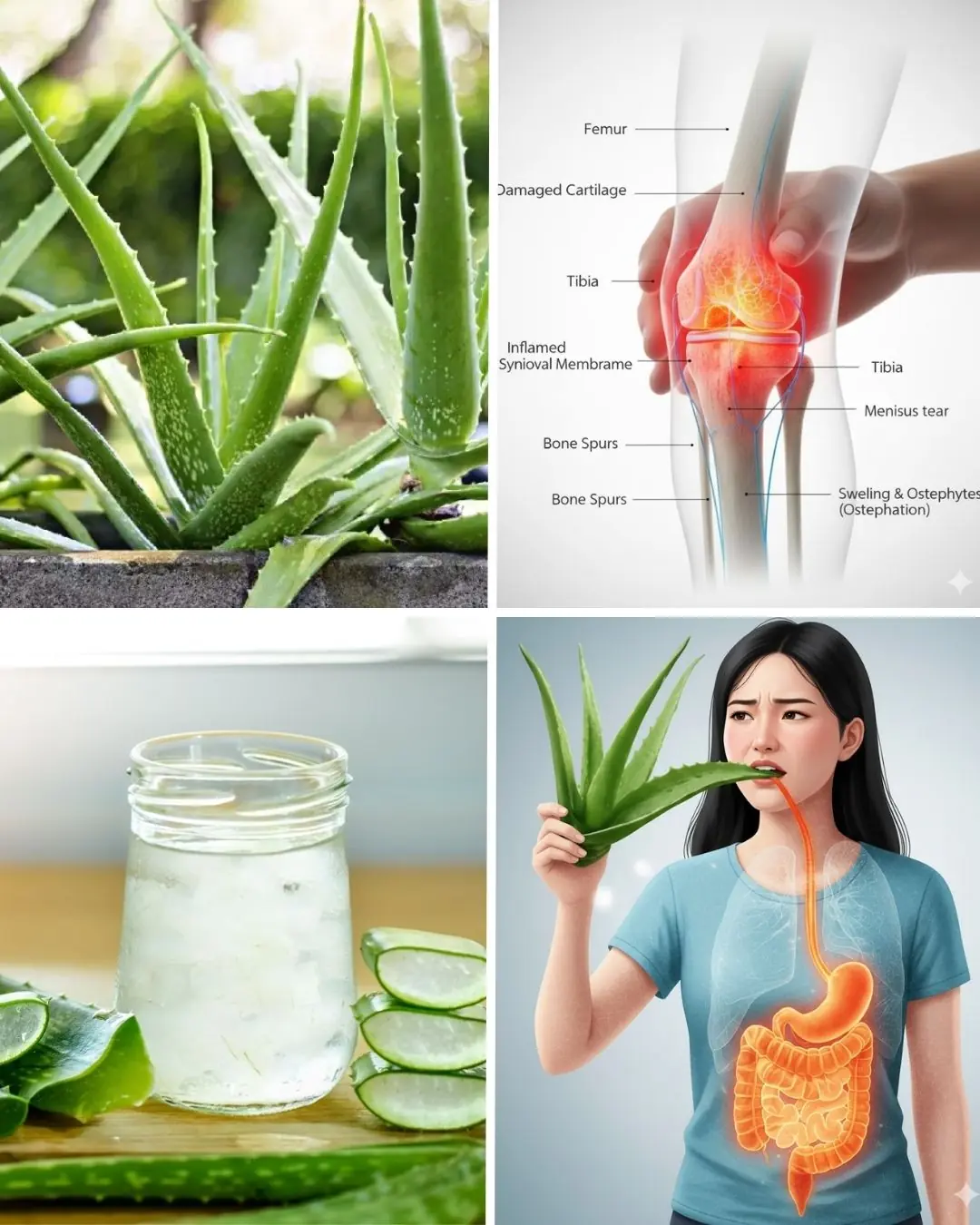
17 Reasons to Drink Aloe Vera Water Every Day + How to Make It at Home
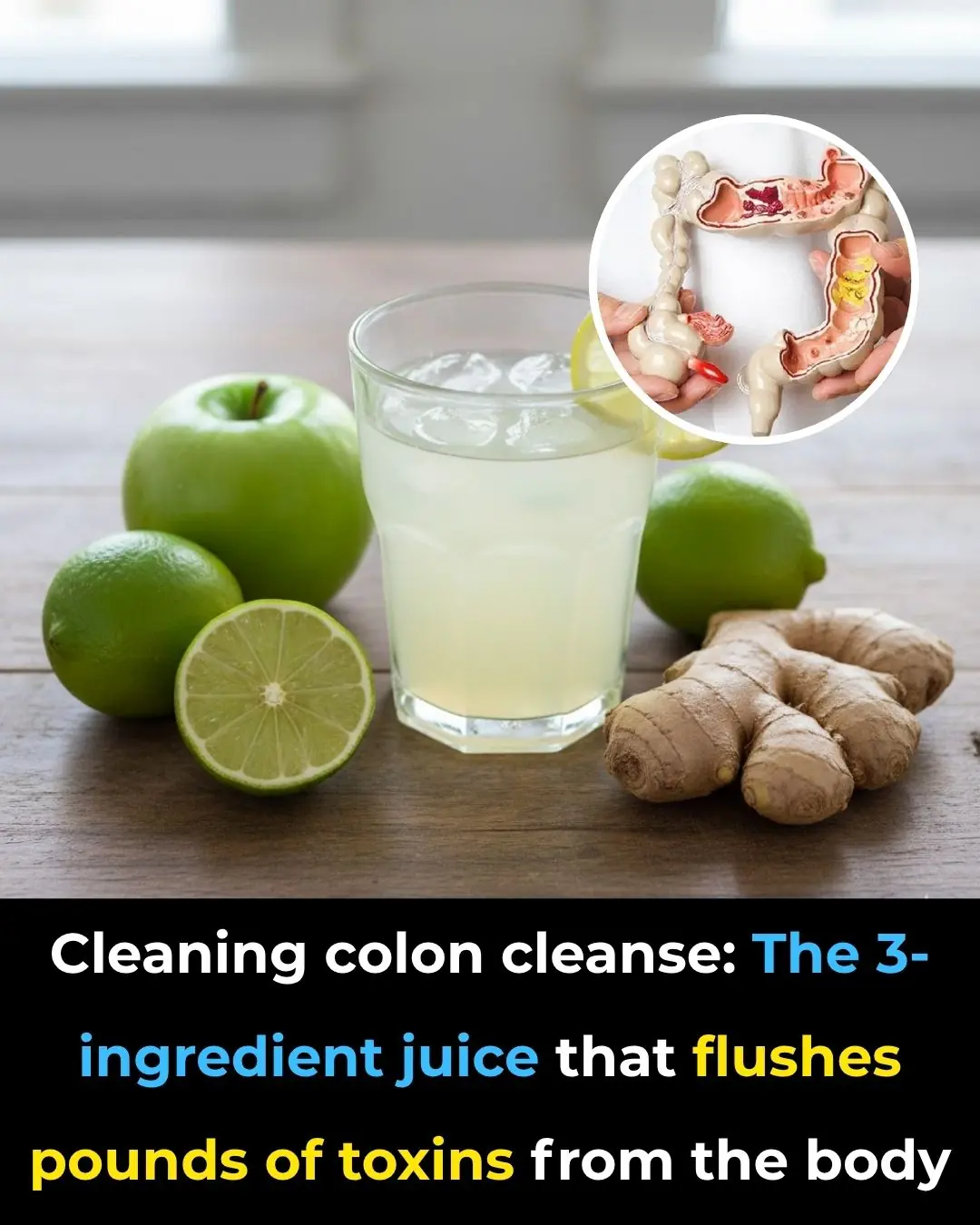
🥬 Support Your Digestive Health Naturally – Real Ways That Work

Grounding with Trees: How Barefoot Earthing and Tree Energy Can Restore Balance
News Post

Rafael Nadal’s Greatest Match: Fighting for Forgotten Dogs

The Officer, the Boy, and the Box of Pokémon Cards.
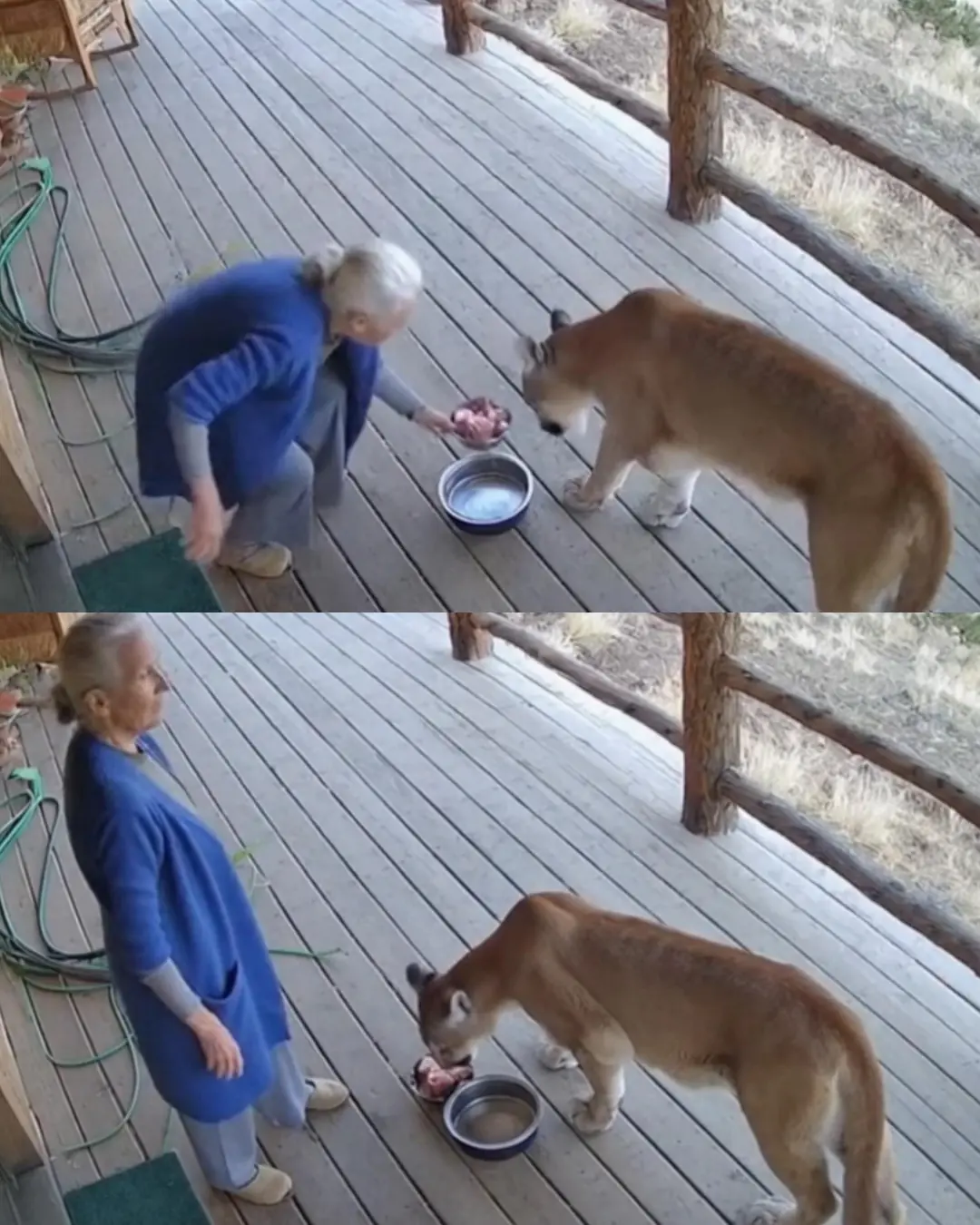
Grandma’s “Stray Cat” Turns Out to Be a Cougar.

The Walmart Employee Who Became a Hero to a Struggling Mom

Two Wounds, One Journey: The Woman and Dog Who Taught Each Other Grace

A Prom Filled With Love: Young Man’s Selfless Gesture Becomes Unforgettable

A Brother’s Sacrifice: How MJ Became a Hero in a Split Second

K-9 Apollo: A Hero’s Fight for Life and the Community That Saved Him

“One Last Climb: A Man, His Dog, and a Wheelbarrow Full of Love”

The Stranger Who Stopped: How One Man’s Kindness Saved a Puppy’s Life
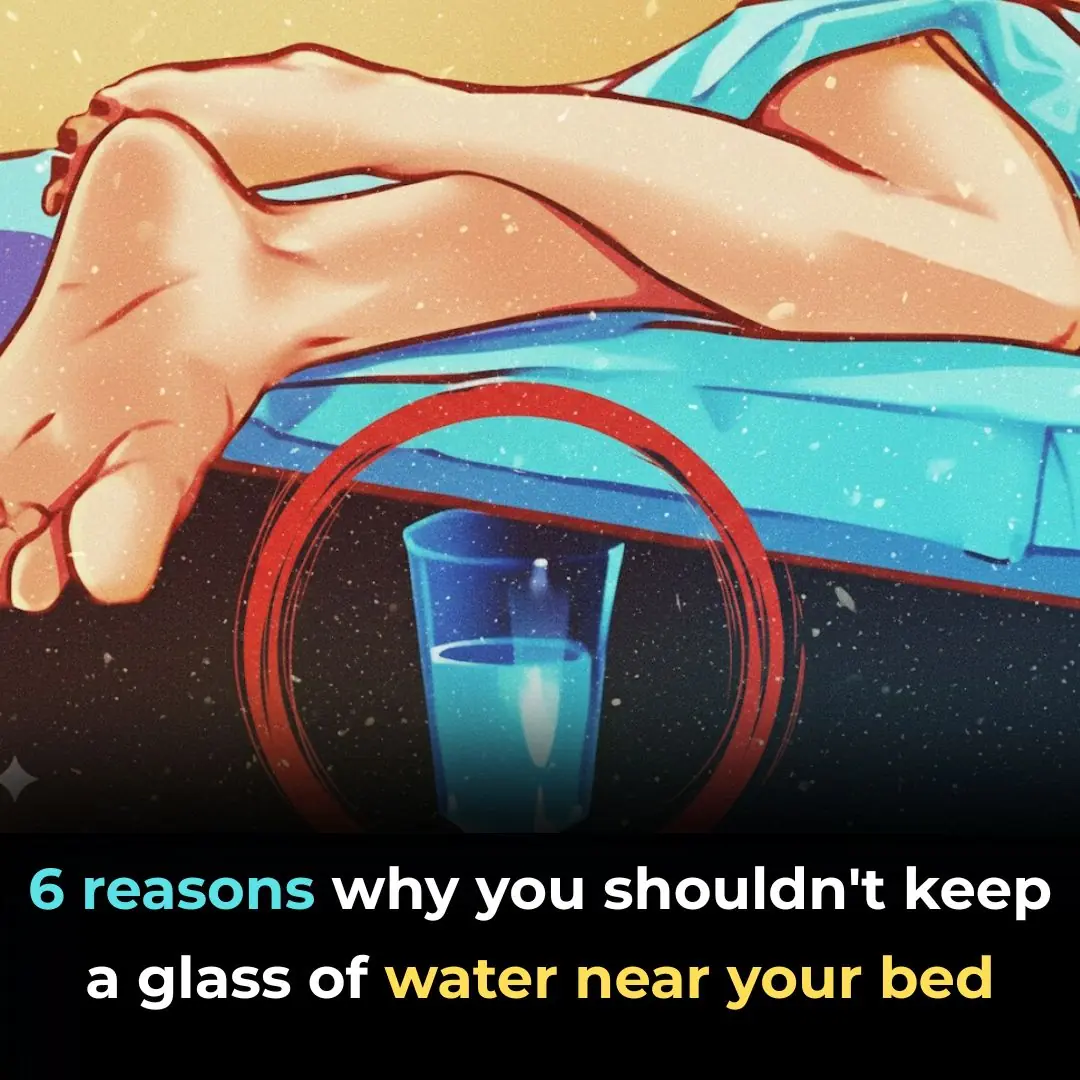
Why You Should Avoid Leaving a Glass of Water Near Your Bed

Reason Why You Should Always Shower At Night
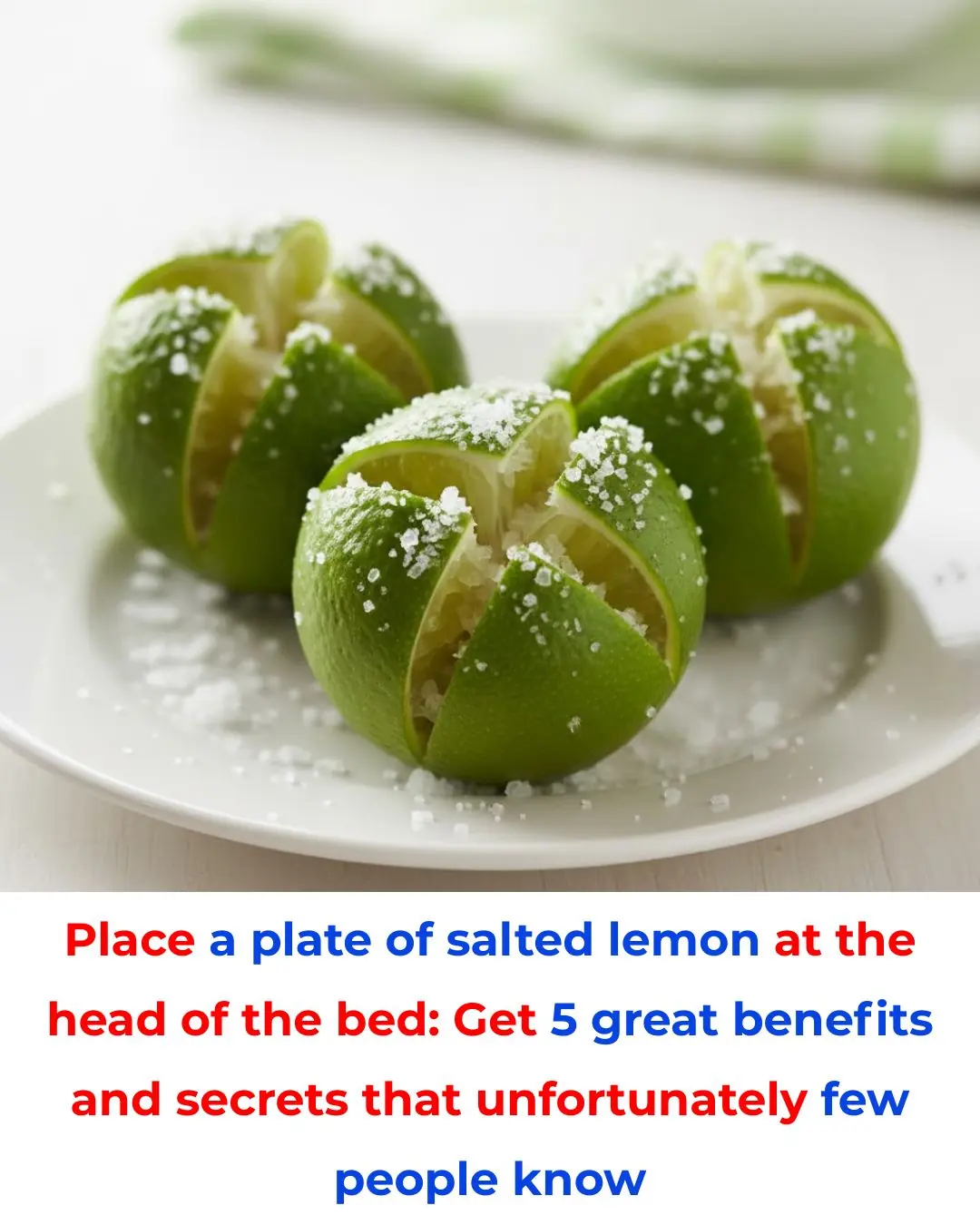
Place a plate of salted lemon at the head of the bed: Get 5 great benefits and secrets that unfortunately few people know
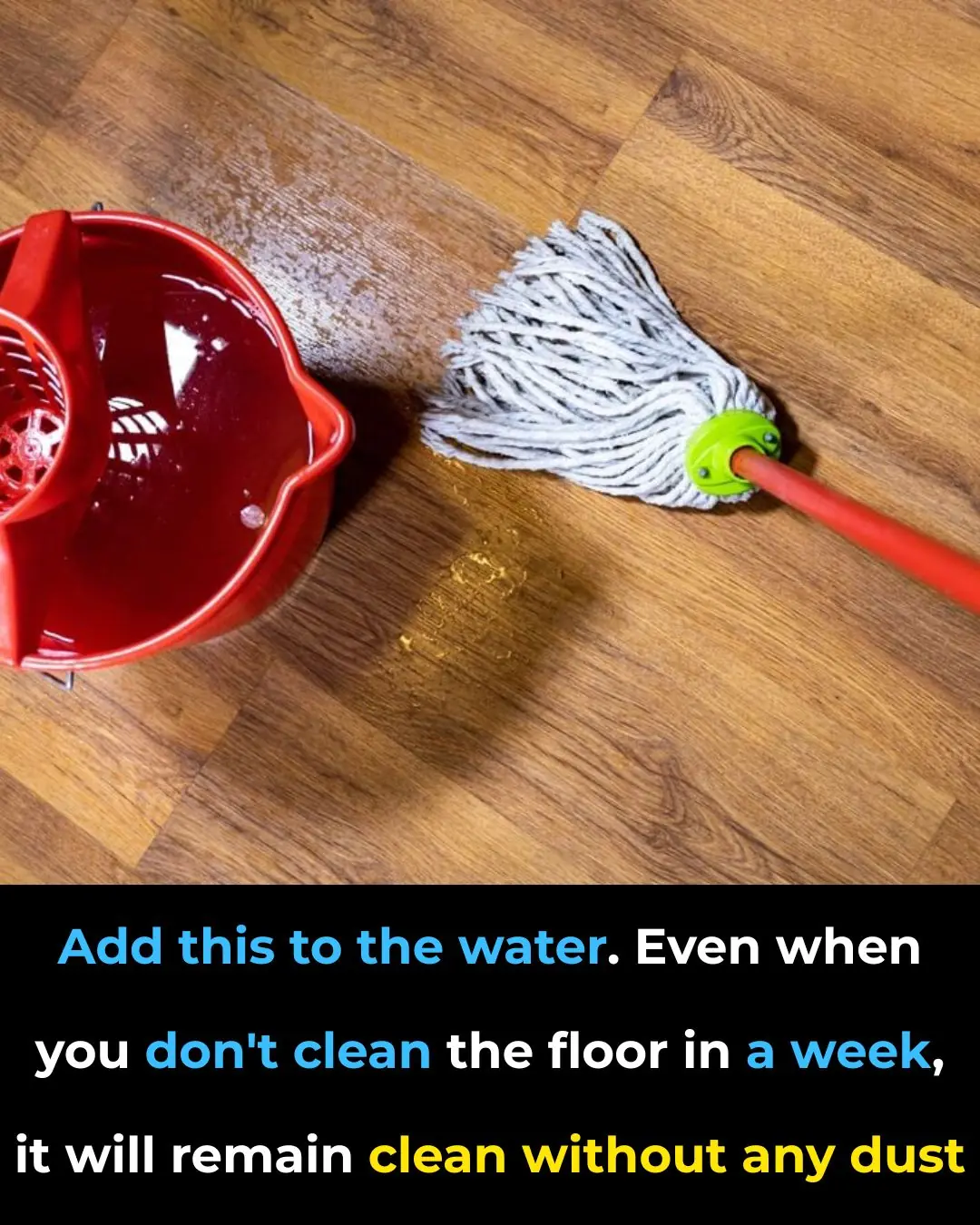
Add this to the water. Even when you don’t clean the floor in a week
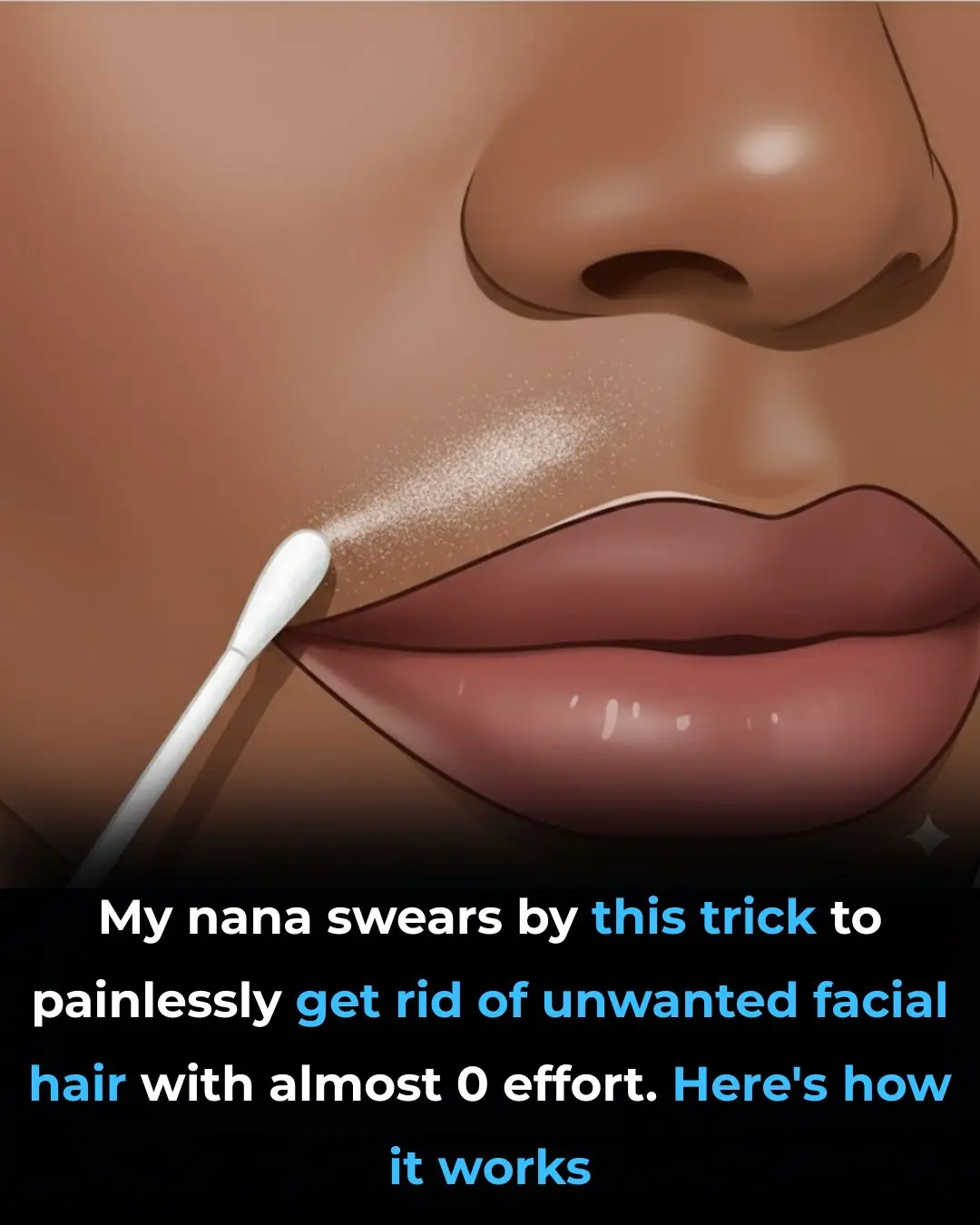
💖 My Nana Knew What She Was Doing — Time-Honored Skincare Wisdom (And What Really Works Today)
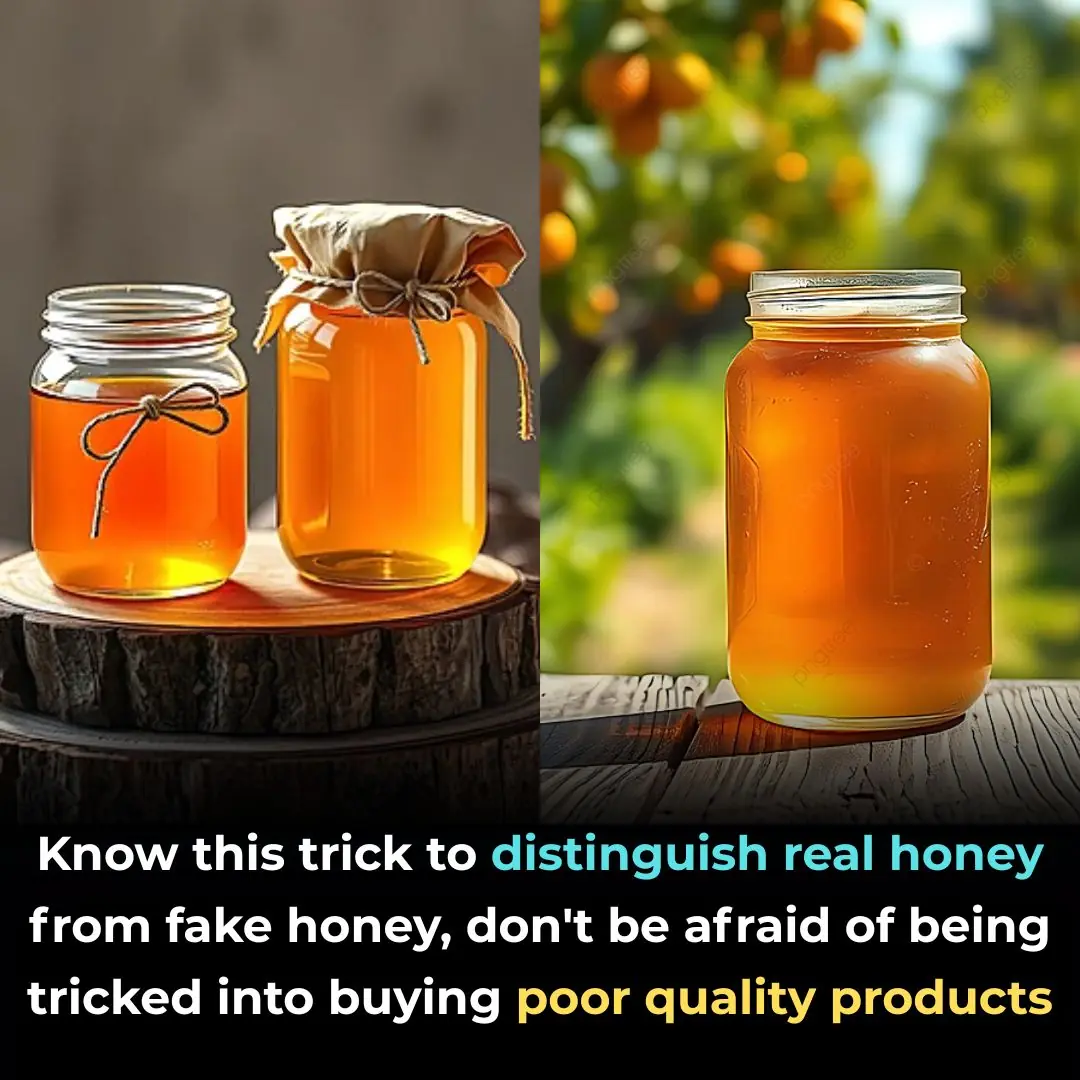
Know this trick to distinguish real honey from fake honey, don't be afraid of being tricked into buying poor quality products
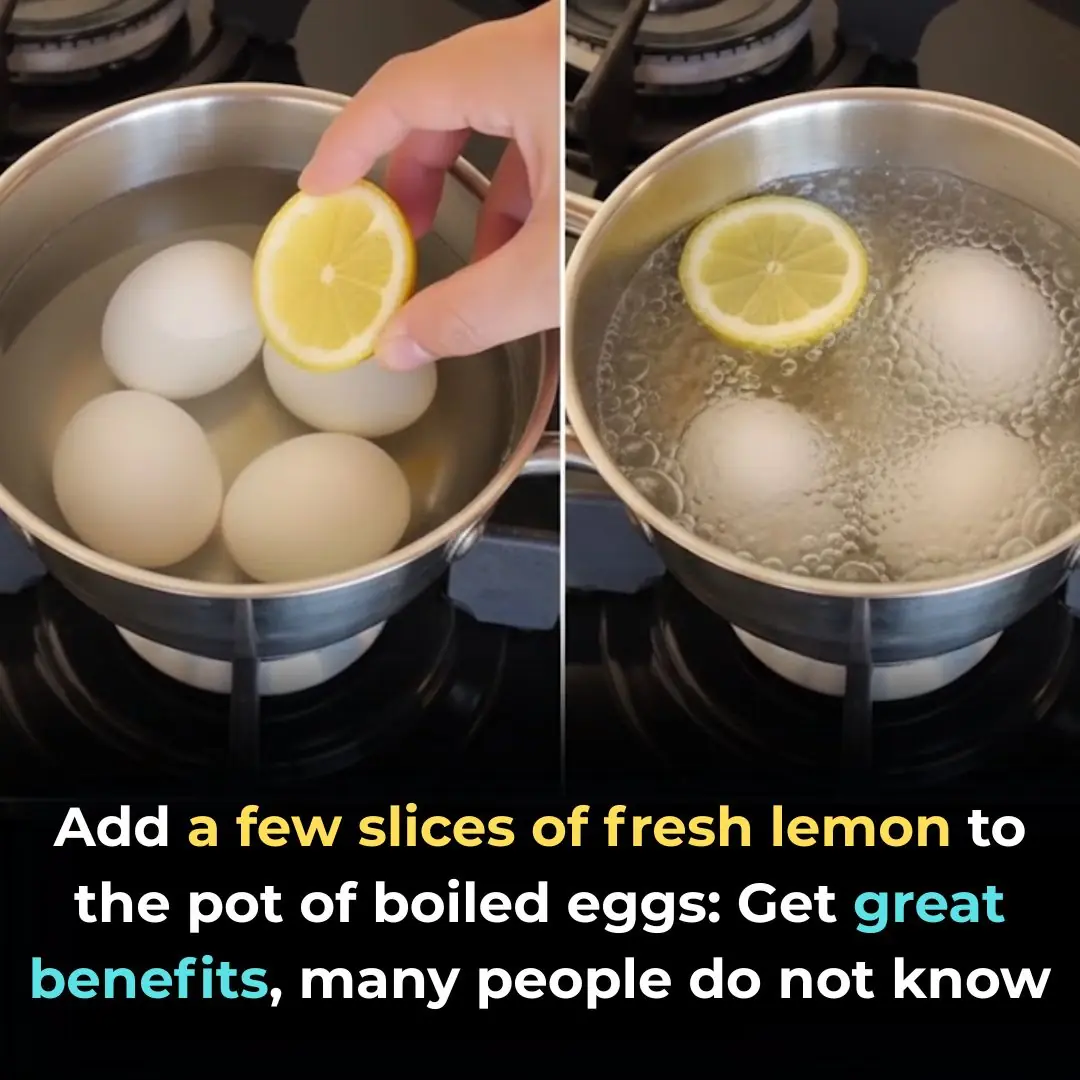
Add a few slices of fresh lemon to the pot of boiled eggs: Get great benefits, many people do not know
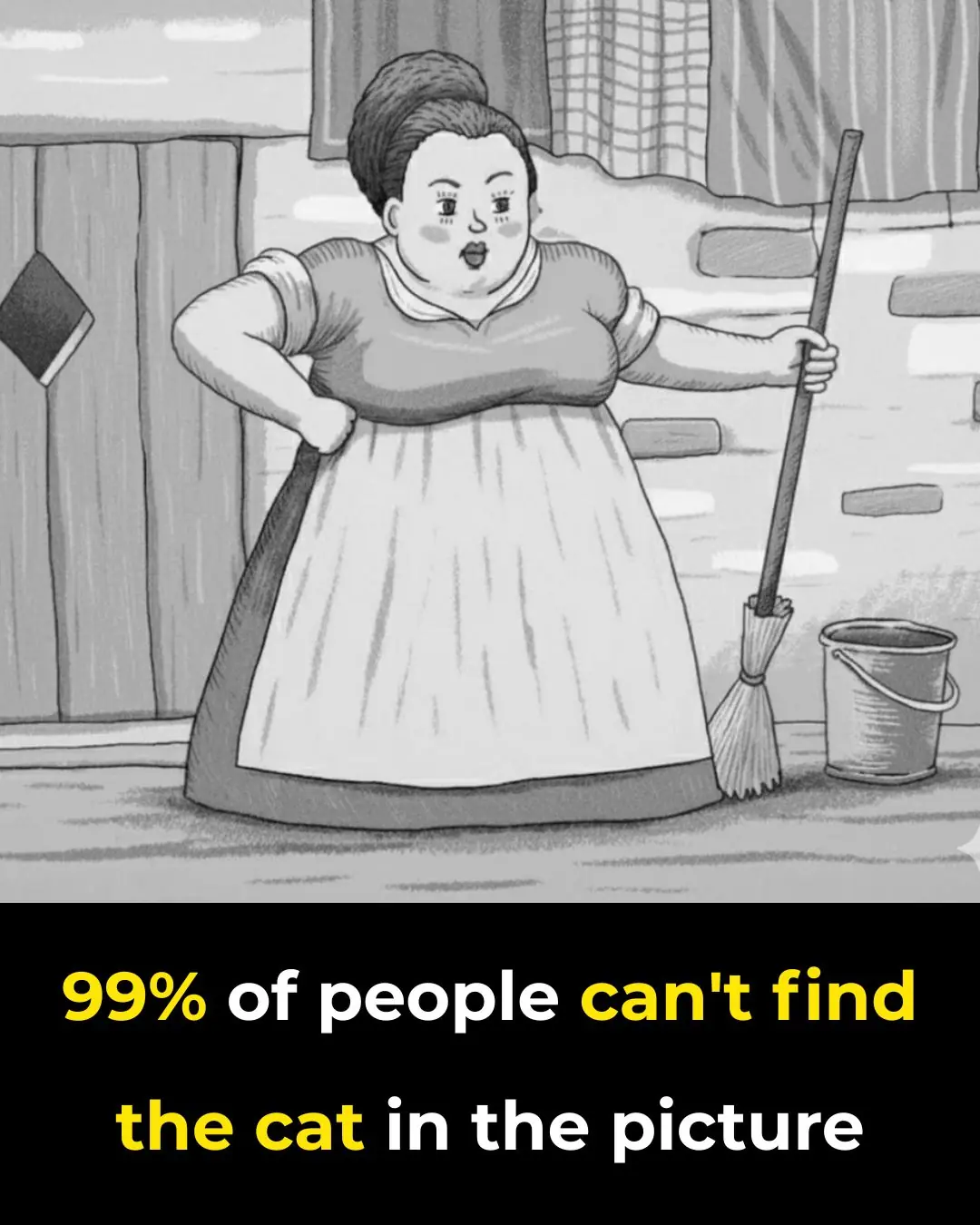
Extraordinary Visual Skills If You Can Spot The Cat
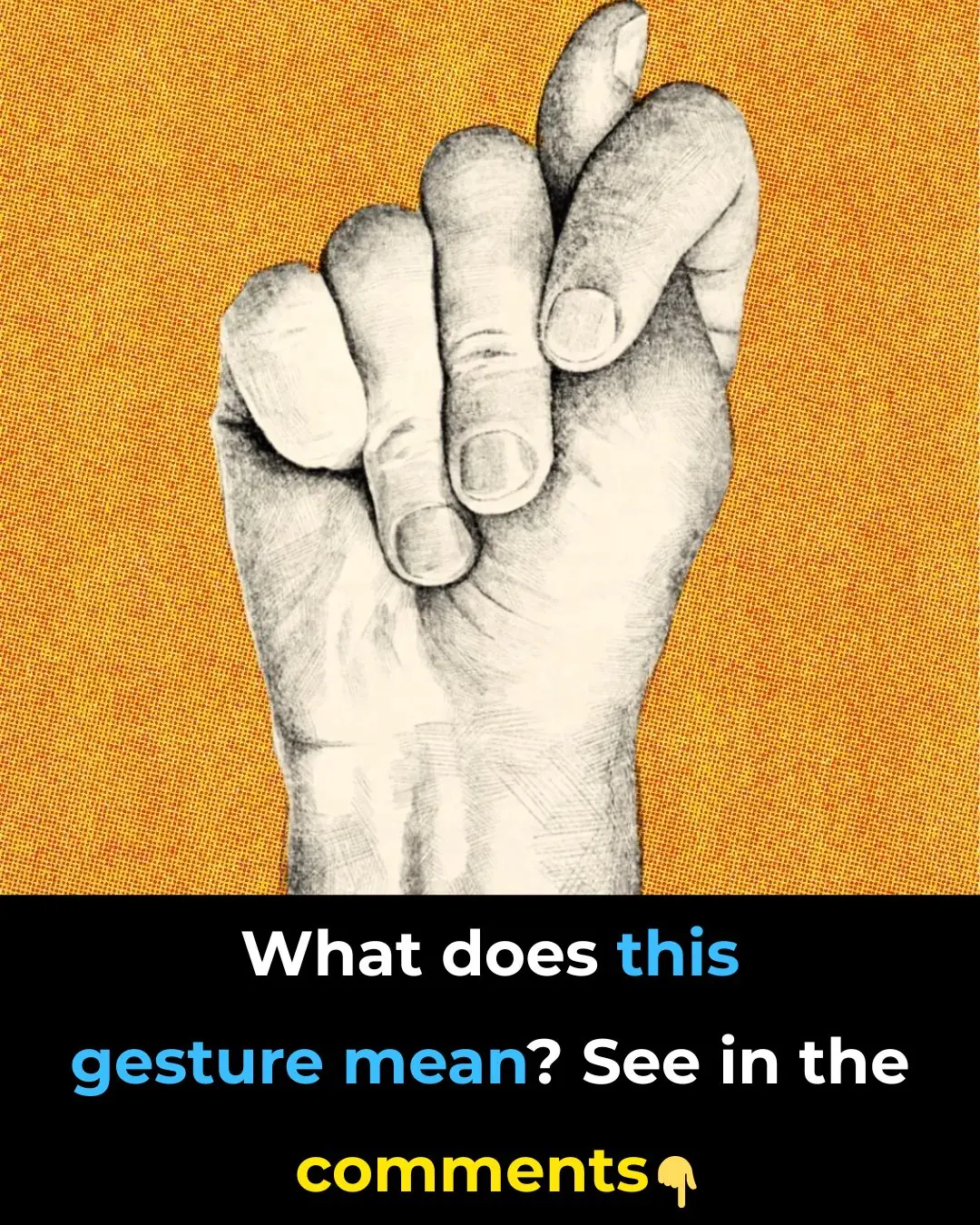
What does this gesture signify?
